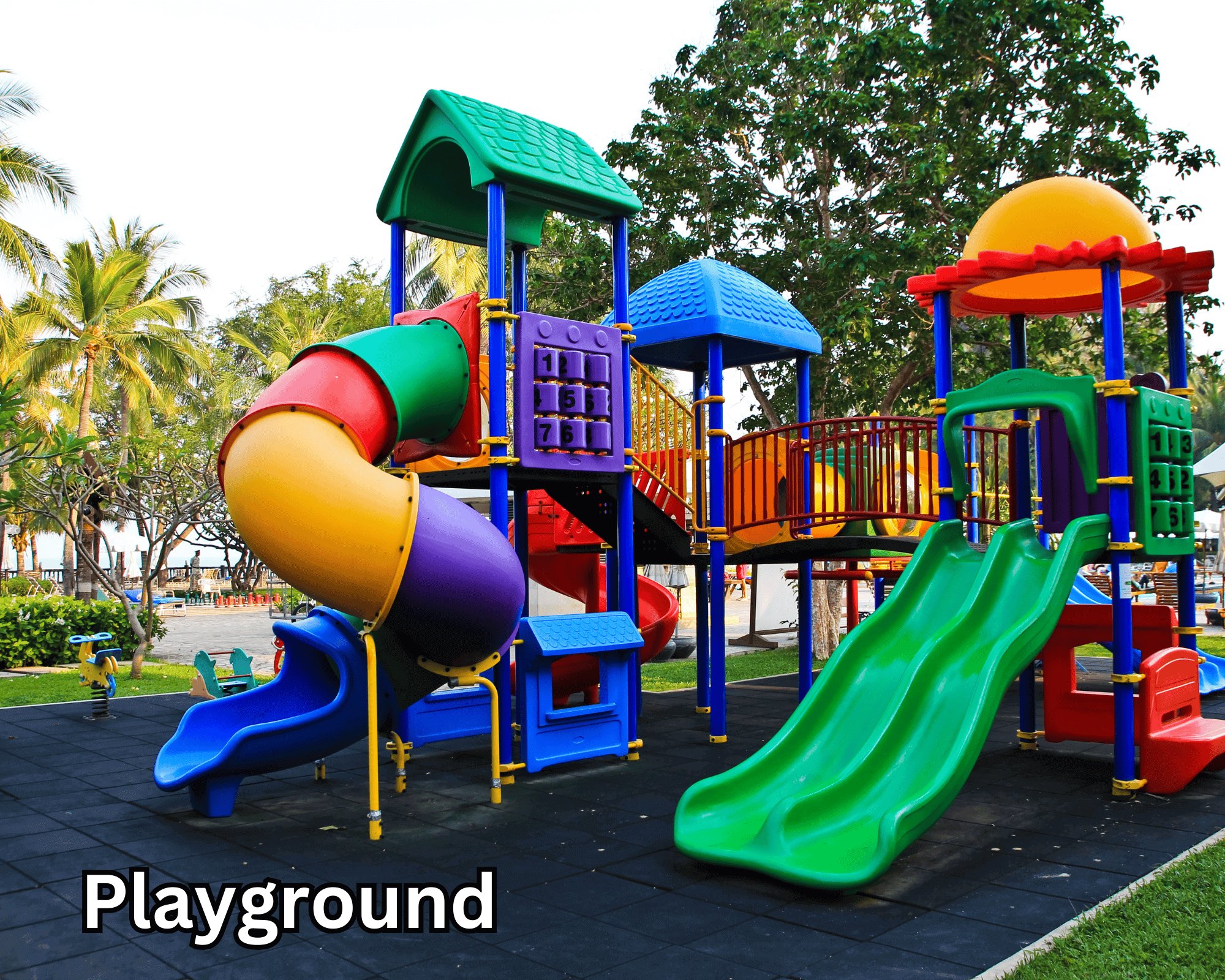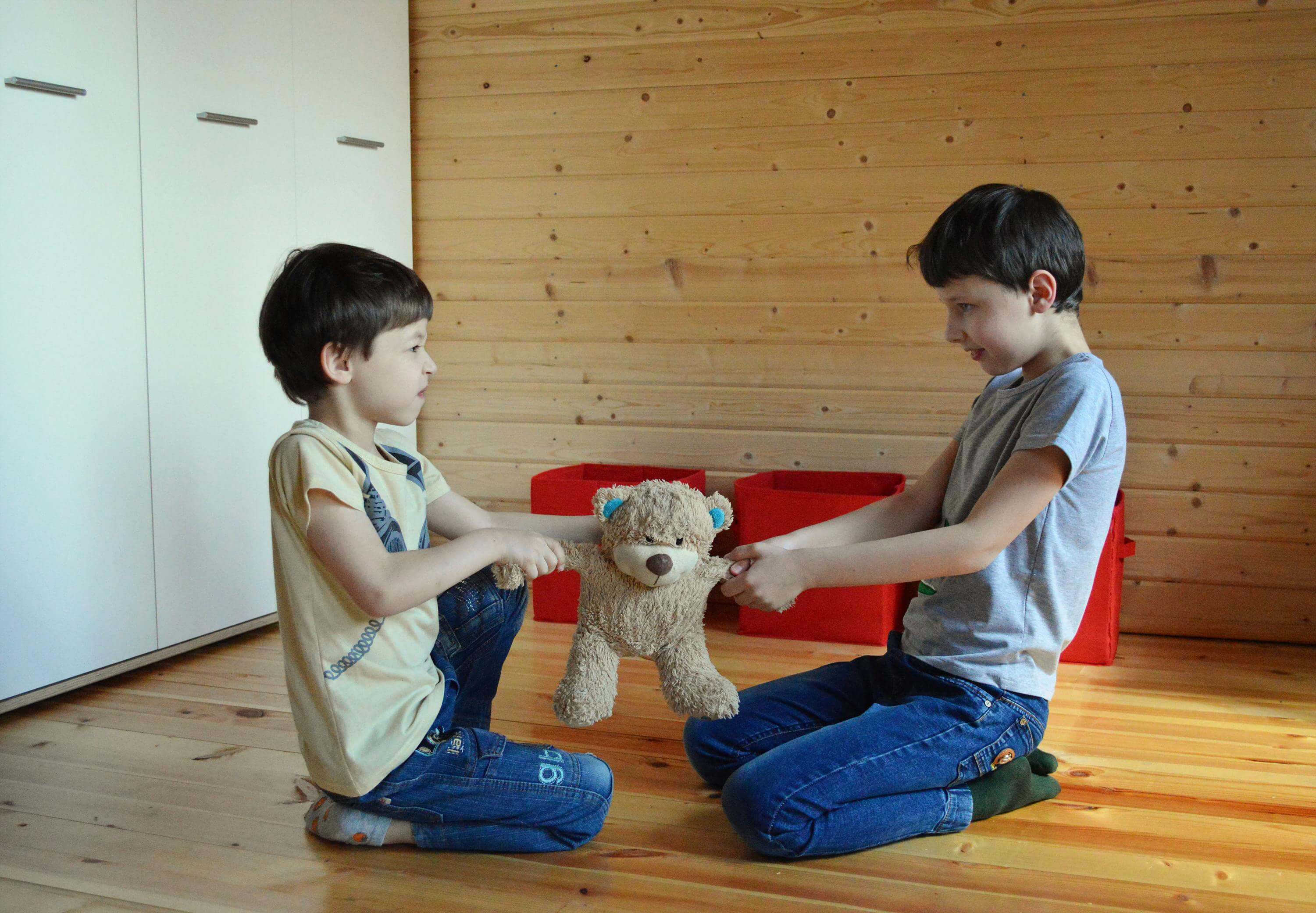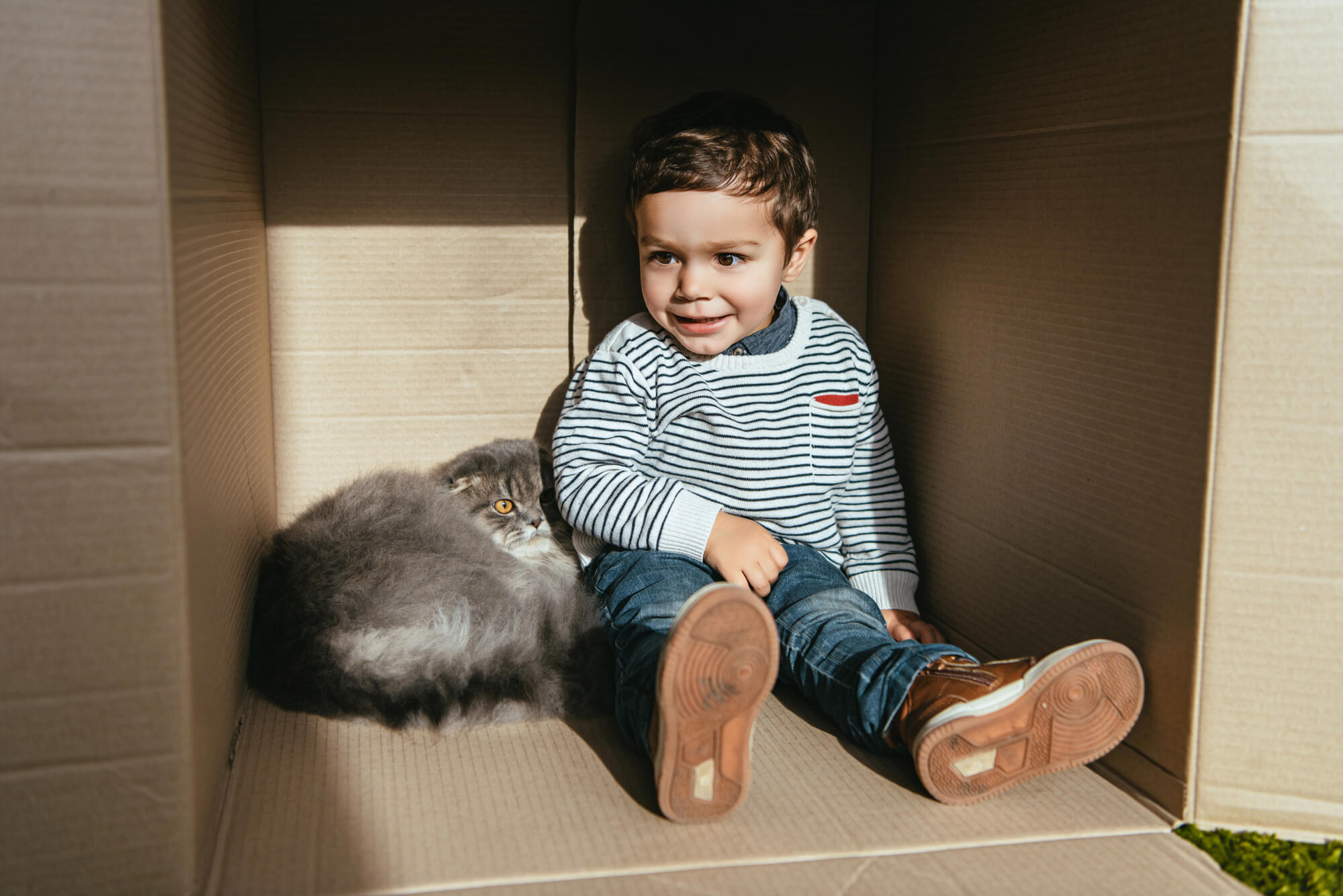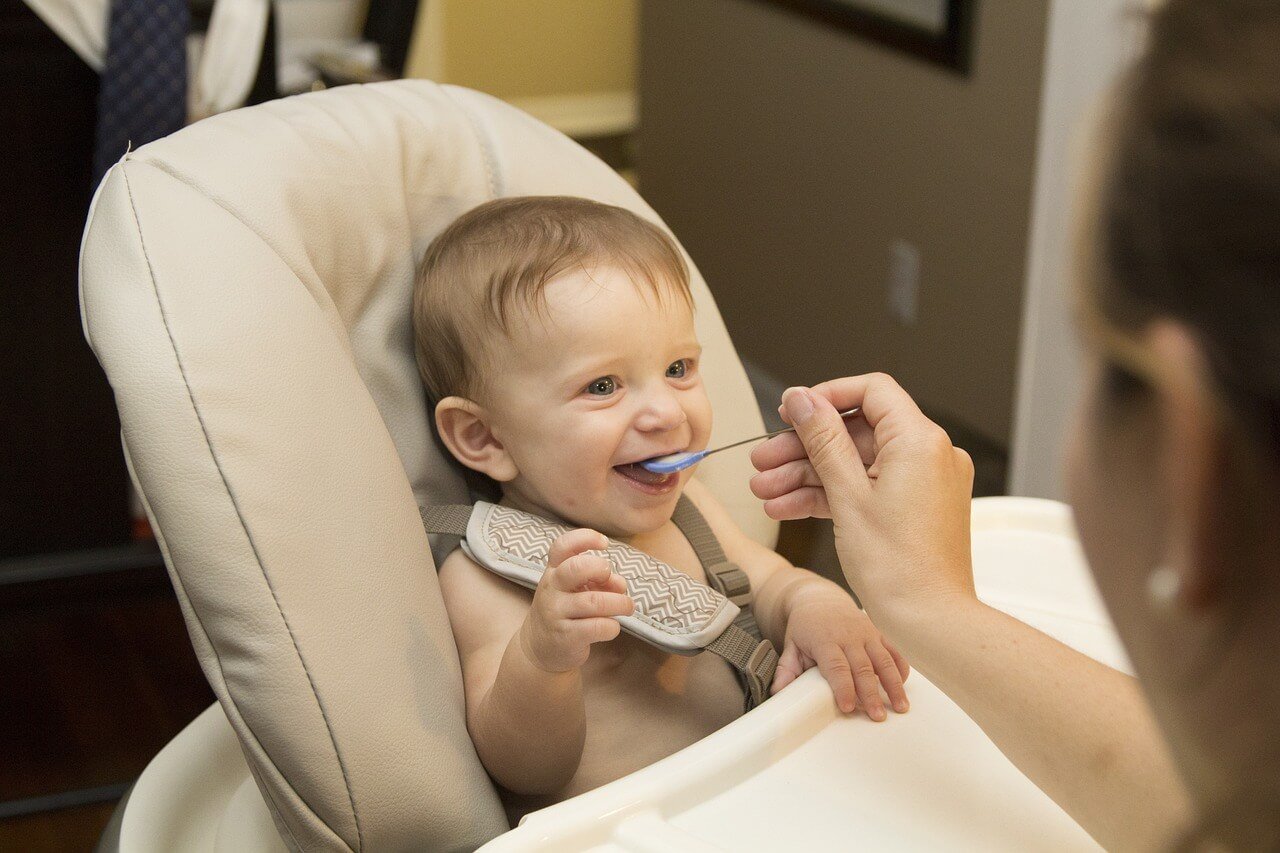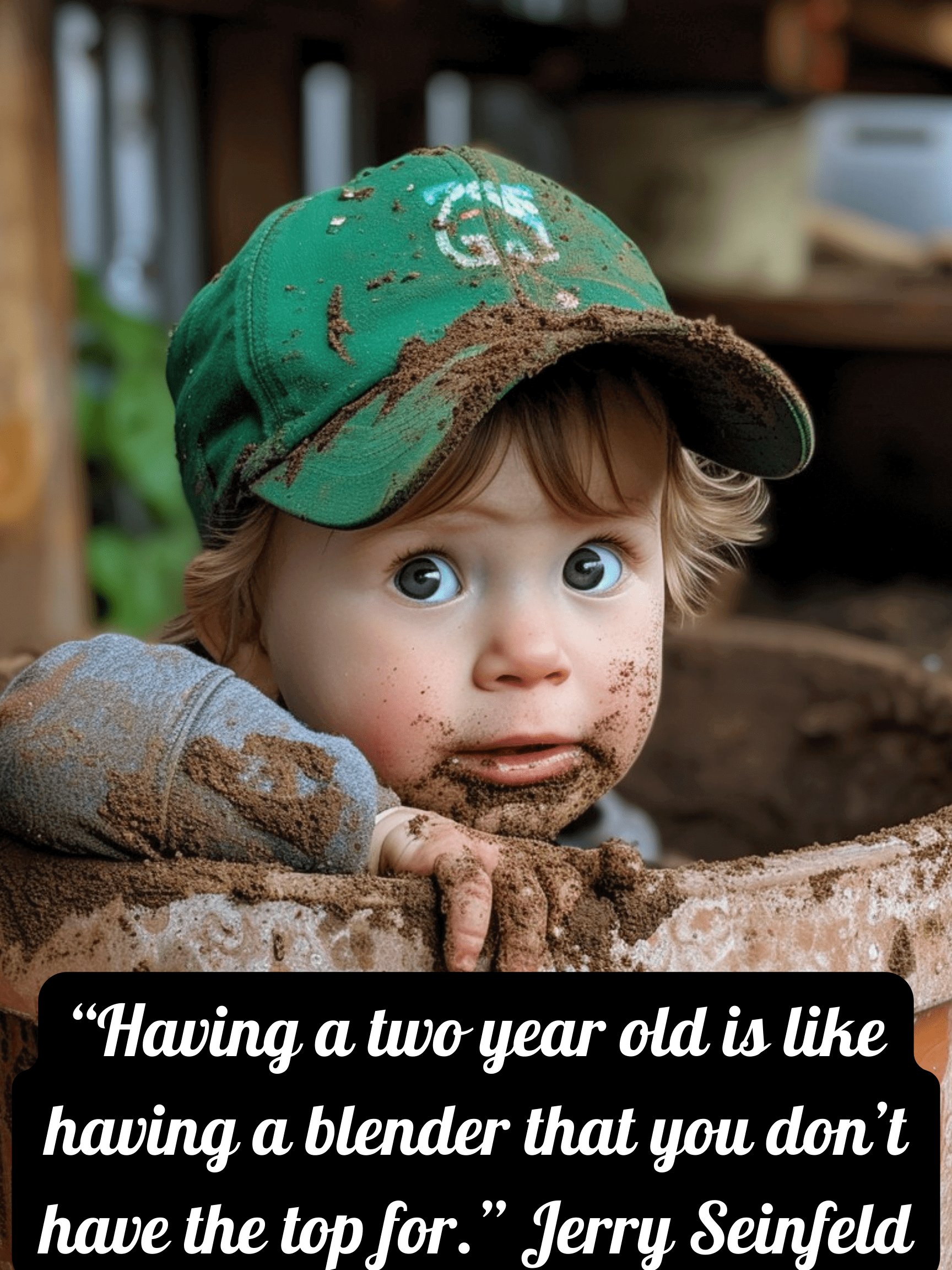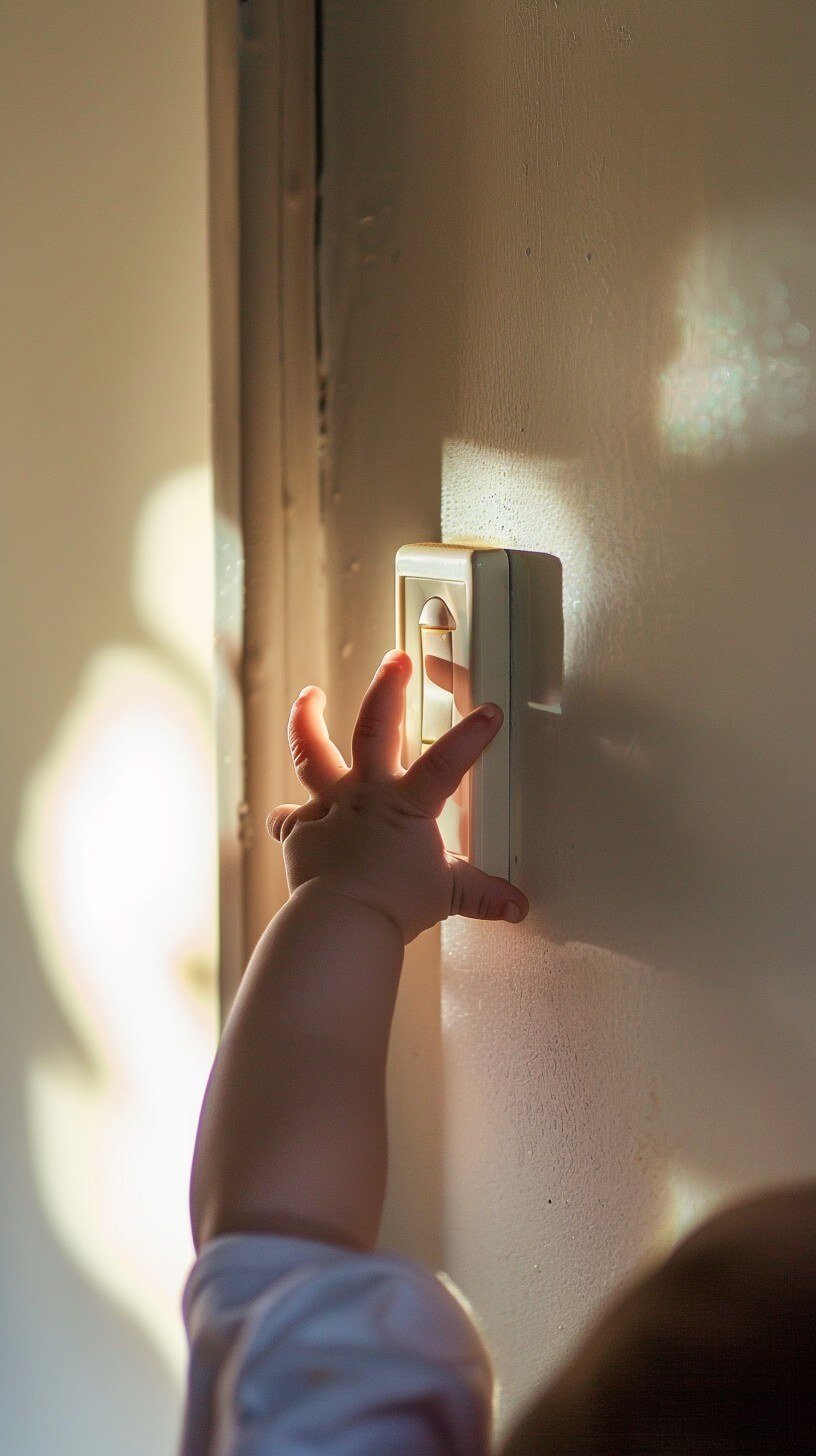Dealing with Peer Pressure: Helping Your Child Navigate Friendships
You want your children to thrive in their social circles and make healthy choices. However, dealing with peer pressure is a reality that every child faces at some point.
 Two teen boys having a disagreement in the school yard, while others watch.
Two teen boys having a disagreement in the school yard, while others watch.As kids deal with their social world, they will face pressures from friends to engage in certain behaviors that they may not agree with, leading to stress and confusion.
By understanding how to handle peer pressure you can help your child to form healthy relationships and build strength of character.
Understanding Peer Pressure
Peer pressure happens when children feel they must act a certain way because of their friends or peers.
It can be direct, such as being urged to try something, or indirect, like feeling the need to fit in with a group. It's important to recognize that peer pressure isn't always negative.
Positive peer pressure can encourage children to strive for good grades or participate in healthy activities. However, the focus here is on how to handle negative influences.
Recognizing Signs of Peer Pressure
Children might not always talk about the pressures they face. It’s up to you to recognize the signs that your child might be struggling with peer pressure:
- Sudden changes in behavior or attitude
- Reluctance to go to school or social events
- Decline in academic performance
- Unexplained anxiety or moodiness
- A shift in interests or hobbies to match their peers
- Withdrawal from family activities
Open Communication is Key When Dealing with Peer Pressure
Talking to your child is crucial when dealing with peer pressure. Make sure your child knows they can come to you with any problem.
 Dad talking to daughter in the car.
Dad talking to daughter in the car.Ask open-ended questions: Such as “What did you do with your friends today?” or “How do you feel about the kids in your class?” instead of asking yes or no questions.
- Listen without judgment: Let your child share their feelings without interrupting or judging. They will learn to trust you and open up about what is going on.
- Share your experiences: When you share your own stories about how you dealt with peer pressure you can make your child feel less alone.
- Quality time: Spend quality time together and strengthen your bond, this love and trust will help your child feel secure and valued.
Teaching Assertiveness
Teach your child that it’s okay to say “no.” Being assertive doesn't mean being rude; it means standing up for yourself in a respectful way.
Here’s how to teach assertiveness:
- Role-playing: Practice scenarios where your child might face peer pressure. Help them come up with responses they feel comfortable using.
- Confidence building: Encourage activities that boost your child's self-esteem. Confident children are less likely to succumb to peer pressure. Always celebrate their strength's and achievements no matter how big or small. Sometimes just a "Congratulations" will do.
- Positive affirmations: Teach repetitive positive self-talk. Phrases like “I’m proud of my choices” can reinforce their self-worth.
Building a Supportive Network
A strong support system can make a world of difference in dealing with peer pressure. Encourage your child to build friendships based on mutual respect and shared interests.
 Three older kids sitting in a circle having a discussion while others are in the background.
Three older kids sitting in a circle having a discussion while others are in the background.Here are some tips:
- Encourage diverse friendships: Friendships with kids from different backgrounds can provide a broader perspective and reduce the influence of a single peer group.
- Promote group activities: Group activities provide a sense of belonging like sports, clubs, or community service giving them the opportunity to meet new friends.
- Stay involved: Know your child’s friends and their parents. This way you become familiar with who your child socializes with and remain informed of any pressures they may face.
Setting Boundaries and Expectations
Clear rules and expectations can help your child navigate social situations.
Here’s how to set effective boundaries:
- Be specific: Instead of saying “Don’t do drugs,” explain why drugs are harmful and what the consequences might be.
- Set consistent rules: Consistency helps children understand and remember the boundaries.
- Involve your child: Let your child have a say in setting some of the rules helping them to feel more responsible.
Teaching Decision-Making Skills
Teach your child to think critically and make informed decisions.
Here’s how:
- Discuss consequences: Talk about the potential consequences of different choices. This will help your child to understand the impact of their actions.
- Encourage independent thinking: Ask your child what they think about certain situations. This encourages them to form their own opinions rather than just following the crowd.
- Model good behavior: Be sure that you’re setting a good example in your own actions and decisions. Demonstrate to them how important it is to stand up for your beliefs and making choices based on values.
Using Media as a Teaching Tool
Use media such as movies, TV shows, and books to discuss peer pressure.
- Identify characters who face peer pressure and talk about their choices. Ask your child what they would do in similar situations. This can be a non-threatening way to explore the topic and reinforce positive behaviors.
When Should You Get Professional Help
 Mom and daughter on the tennis court, hugging tightly and smiling.
Mom and daughter on the tennis court, hugging tightly and smiling.Sometimes, dealing with peer pressure can become overwhelming for a child.
If your child’s mental health is becoming affected, you might want to look into getting professional help.
Final Thoughts: Empower Your Child
Dealing with peer pressure is a part of growing up, but it doesn’t have to be a negative experience.
By remaining involved in your child’s life, you are helping them with the challenges of peer pressure and they will be stronger and more confident for it.
Every conversation, every moment of listening, and every bit of encouragement will make a difference.






